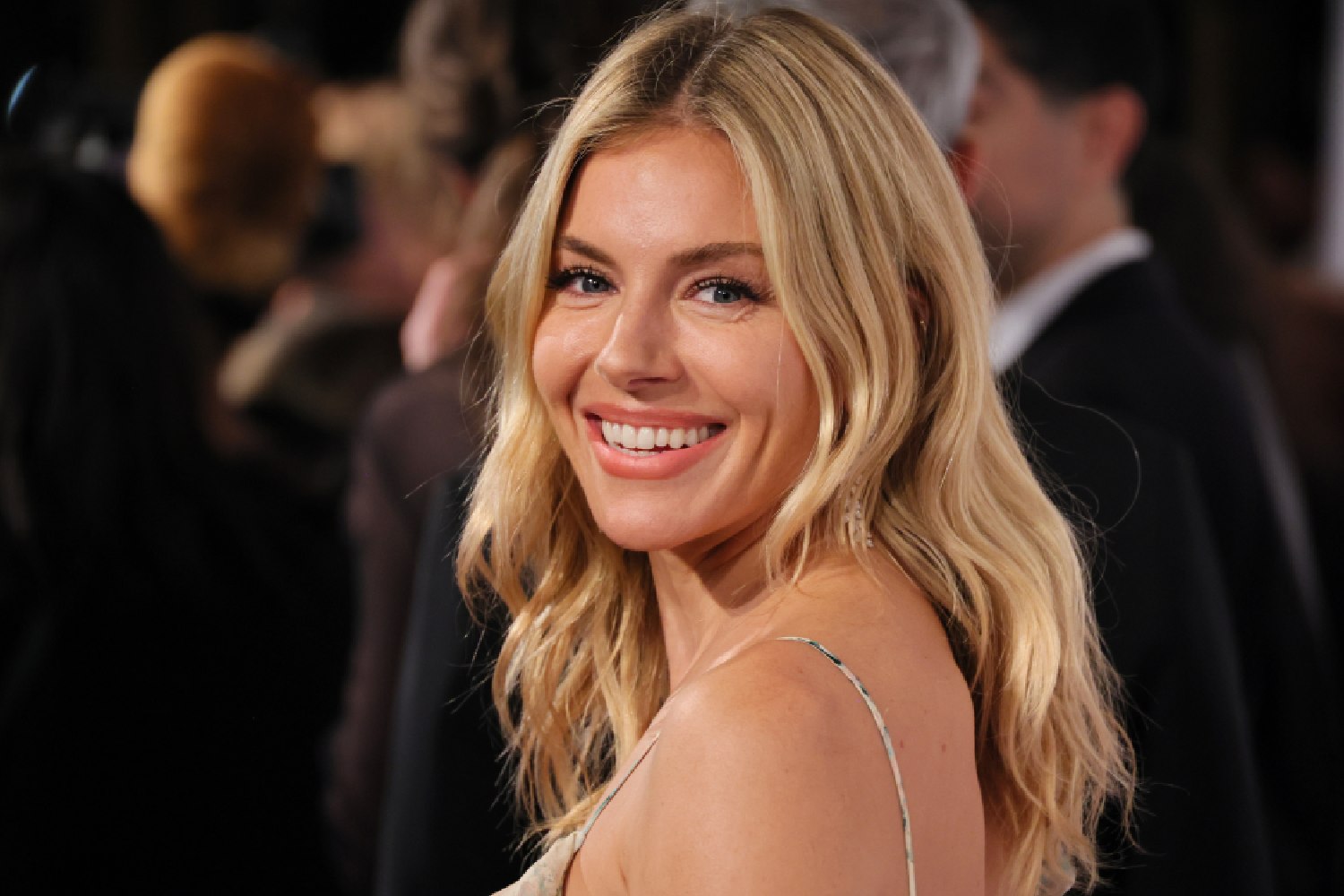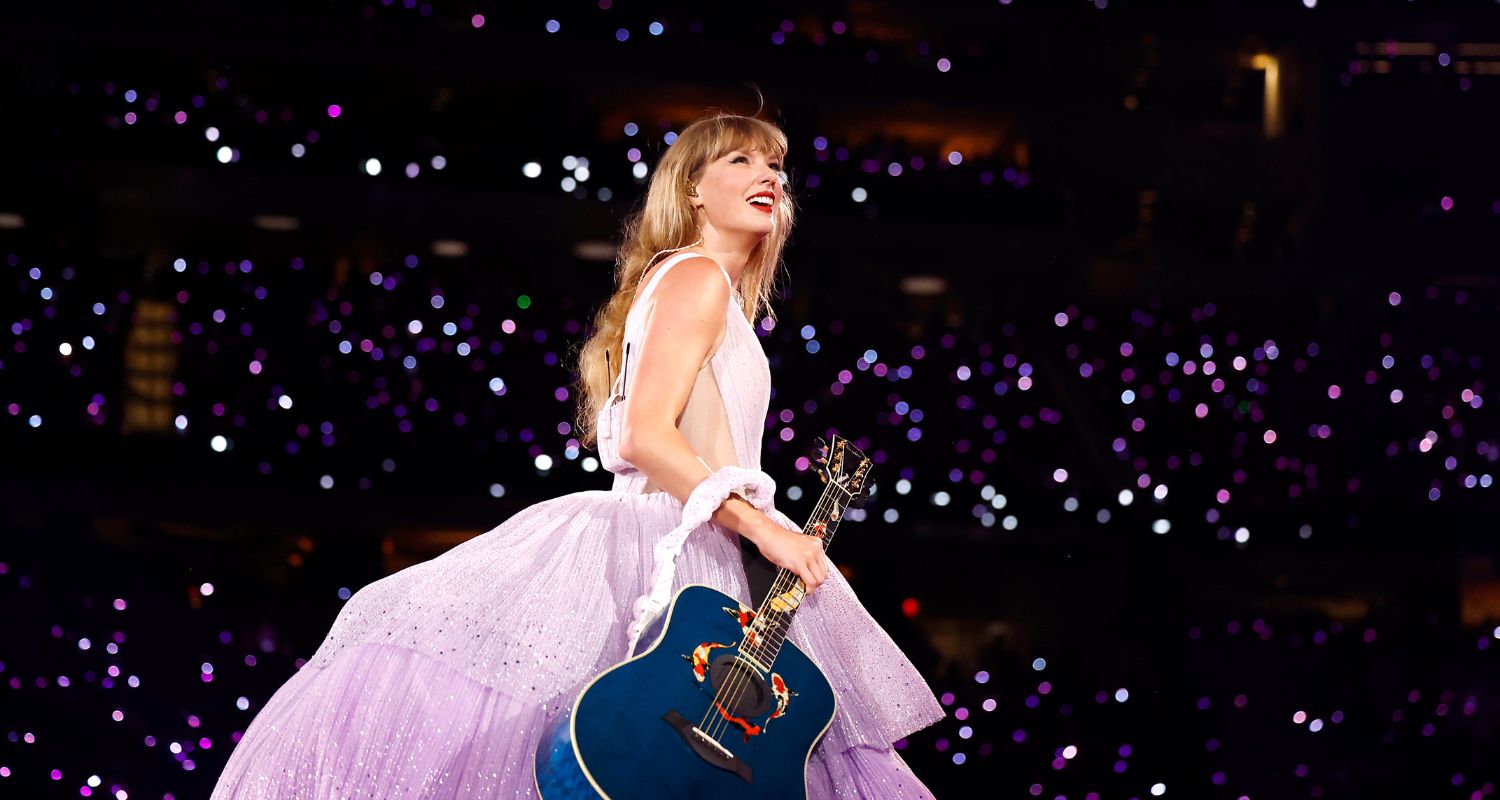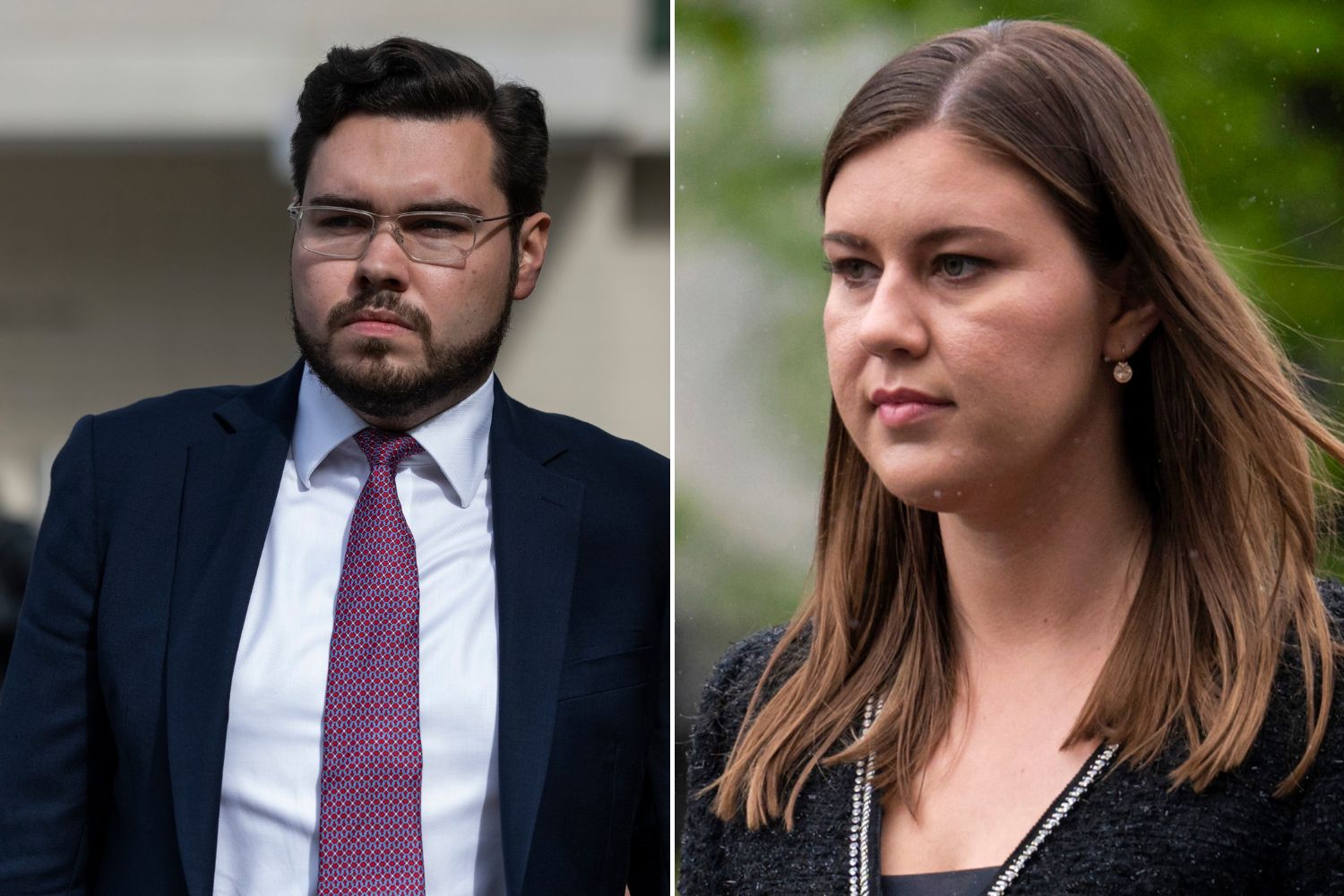Following on from the release of documentary Athlete A, which details the two-decade-long sexual abuse scandal that found USA Gymnastics doctor Larry Nassar charged with assaulting over 500 underage girls under his care, over 20 Australian gymnasts have taken to social media to call out the rampant culture of abuse in the sport.
Chloe Gilliland (nee Sims), who won a gold medal at the 2006 Commonwealth Games, took to Facebook to detail how coaches would often comment on her weight which at one point, even made her consider taking her own life.
“They never called me ‘fat’ but remarked that I was ‘too heavy’, which was why I repeatedly couldn’t make it through my bar routine or the reason behind my stress injuries,” she wrote. “If they weren’t making comments about being ‘heavy for the next day’, the next thing they would revert to saying, was that I was just stupid. So at 17 despite receiving sports psychology and dietitian advice, I felt it was easier to end my own life than to give in to what they wanted me to be.”
Gilliland went on to say that coaches would regularly say her weight was a “danger” to her own body. “After two years of battling bulimia and anxiety, and trying to fit into a ‘pretty little box’, being called ‘heavy’ or ‘stupid’ daily by my personal coaches, who I spent up to 7 hours a day with, I gave up on my dreams.”
She finished, “I am sharing this because behind those smiles on the podium, are dark and horrible things that happen in the gym behind closed doors.”

Five-time national champion and now coach Mary-Anne Monckton (pictured above) explained why she and other gymnasts have been afraid to speak out.
“Since watching ‘Athlete A’ on Netflix, my mind has been racing. It brought up a lot of old memories, painful ones that I had pushed down so deep; and that I hoped would never come back to the surface,” she wrote. “Gymnastics is without a doubt, one of the hardest sports in the world, and it’s made even harder by harsh coaches and, at times, ignorant national sporting organisations.”
“I am scared to share my story, but at some point, someone has to stand up for the athletes. It has been made very clear, that they cannot do this for themselves. The abuse (physical, mental and emotional) needs to stop, or at least be stamped out of our sport,” she continued. “I, like so many others, have experienced body shaming, have had food withheld, been yelled at until I cried (even as an adult athlete, which is downright embarrassing), and been manipulated and ‘forced’ to do things that I was not physically ready for or capable of doing, which ultimately lead to career-ending injuries.”
She added that abuse in gymnastics has become a normalised culture. “These negative experiences have left me with deep scars and will take years to heal.”
Dual Olympian Georgia Bonora tells of a “culture of fear created by people in power.”
Yasmin Collier detailed being in a group of five 12-year-olds left alone at Moscow airport for a half a day and building suitcase barricades to deter men. “I still struggle mentally and physically everyday from the things I had to endure over my 13 years of gymnastics,” she wrote to Instagram.
Jade Sharp, who was selected for the 1996 Olympic team, wrote: “After all of these years of silence, believing that it was okay to sacrifice my own well-being for success, I now recognise that I’m actually sacrificing the well-being of the gymnasts that come after me.
“As a child, I used to wonder how the adults around me could see what was happening and not say or do something. As an adult, I understand some of their potential reasons but I’m that adult now.
“My courage that has developed is only because of the bravery of former gymnasts now speaking out. I applaud you, and I thank you.”
Olivia Vivian, who represented Australia at both the Olympic and Commonwealth Games, began her career at age 9. “After reaching my goal and representing my country at the highest level, I was a broken athlete and a broken person,” she said. “I was so over this sport.”

Gymnastics Australia has since spoken to the athletes who have come forward, applauding them and asking others to do the same.
Chief Executive of Gymnastics Australia Kitty Chiller, wrote an open letter to acknowledge the recent allegations.
“While we have accomplished a lot in recent years, I know that our work in this area is not finished, and nor should it ever be,” Chiller wrote. “We acknowledge and applaud those who have spoken up – their courage and their voice. We see the passion that people have for the great things about our sport and we are grateful to all of you who want to help us make our sport as safe and supportive as it can be in the future.
“We are here to help you and to support you and we genuinely want to hear about your experiences and your suggestions. We acknowledge that speaking up is difficult. I want you to know that we are here to listen. And we are here to act.”










